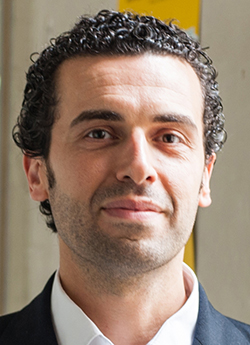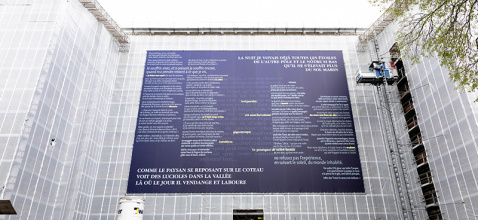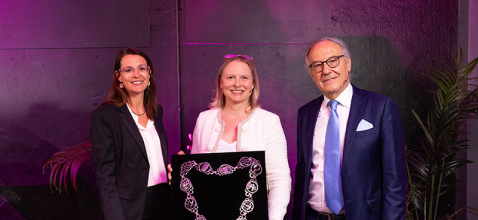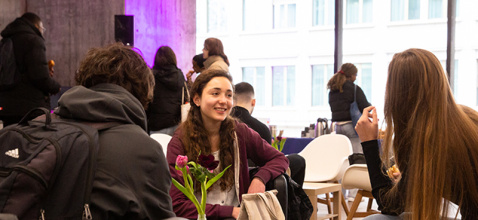24 august 2023 - Jacques Erard
UNIGE expert maps superconductivity technologies for the World Economic Forum
Professor at the Faculty of Science, Carmine Senatore is the first UNIGE expert to collaborate with the World Economic Forum on a "transformation map". His mission: to raise the profile of superconducting technologies in economic and political circles.

Photo: UNIGE
Six years ago, the World Economic Forum set up a platform called "Strategic Intelligence". Its aim is to identify innovations, technologies and other academic products likely to have an impact on current economic, industrial and societal issues. Each of these is the subject of a "transformation map", which sets out a number of key questions relating to the theme. These are then linked to other key questions in other fields. For the Forum, this is "a dynamic way of exploring the forces of transformation at work on issues such as climate change or artificial intelligence, in collaboration with leading universities and international organizations".
For the first time, the World Economic Forum has called on a UNIGE expert, Professor Carmine Senatore, to produce a "transformation map" on technologies arising from research into superconductivity. For the professor from the Faculty of Science, who has been interested in the links between applied research and industry for many years, this invitation - the fruit of the excellent relations forged in recent years between the UNIGE and the Forum - is a unique opportunity to inform the community of economic and political decision-makers of the degree of maturity reached by technologies using superconductivity.
Superconductors for clean, abundant energy

Medical imaging is the field in which superconductivity is currently finding its main commercial applications, thanks to the development of high-field magnets for magnetic resonance imaging and nuclear magnetic resonance spectroscopy. Tomorrow, it will certainly play a leading role in the energy field. The new generation of higher-temperature superconductors makes it possible to design nuclear fusion machines that are much more compact than those currently planned for the International Thermonuclear Experimental Fusion Reactor (ITER) under construction at Cadarache in southern France. "These advances in superconductor technology have triggered growing enthusiasm among investors, and open up the prospect of being able to supply clean, abundant energy in the near future", emphasizes Carmine Senatore.
The major players in the aeronautics industry are also interested in superconducting engines combined with hydrogen as fuel. This liquid substance is cold enough to cool superconducting materials. Among the other technologies highlighted by the "transformation map" produced in collaboration with Professor Senatore, superconducting cables offer the prospect of improved electricity distribution in cities, which will prove crucial in powering the growing fleet of electric vehicles. Another particularly promising field of application for superconductivity is quantum computing, with the key to faster, less watt-hungry electronics.
In some of these examples, the technology is well advanced. In other fields, only prototypes exist at present. I'm not saying we need an Elon Musk for superconductivity," concludes Carmine Senatore, "but that's kind of the idea. Superconductivity can play a central role in the energy transition, but we need to find economic entities capable of making massive investments. Hence the importance of bringing the discussion to an arena like the World Economic Forum."
Translated with DeepL




